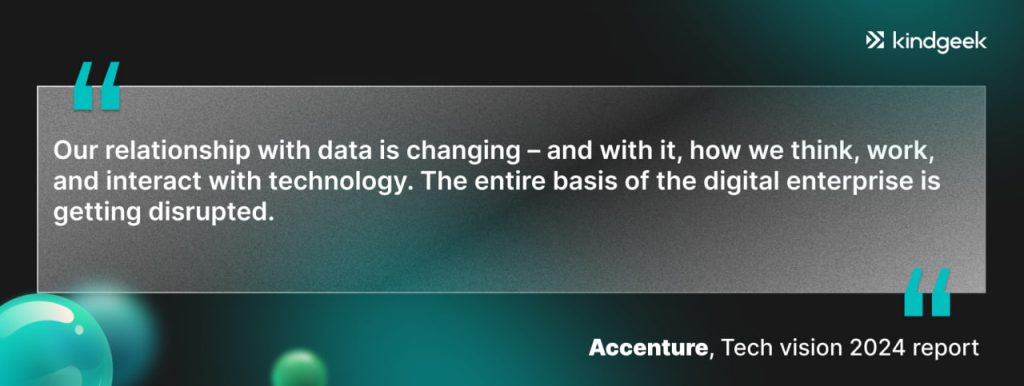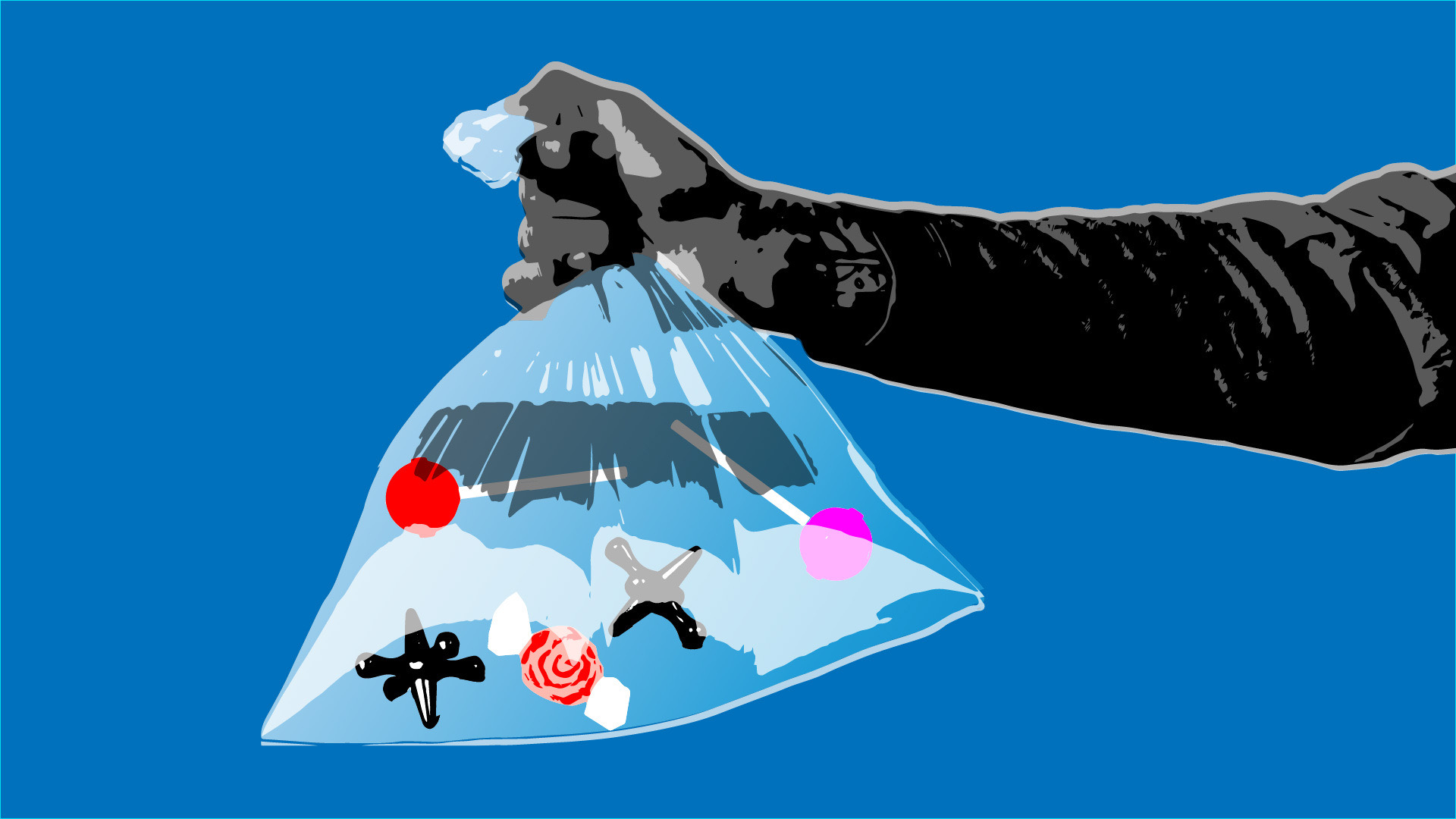Fintech Nigeria is changing the way millions access financial services — and this shift is more urgent than ever.
Launching a fintech app for the underserved requires a deep understanding of your target user — people excluded from formal financial services, often living in rural areas. These users may not have access to smartphones or reliable internet, but they still need access to savings, loans, insurance, and payment systems.
The key is to start with a problem worth solving. Do your research, understand the financial behavior of your target market, and pick a single, high-impact issue. Is it a lack of savings options? Inaccessible loans? Payment difficulties? Your app must solve this with simplicity.
Designing the app means working within real limitations. Avoid flashy features. Prioritize text-based interfaces, offline access, and clear local language options. Think USSD (Unstructured Supplementary Service Data) — it works without internet and is already trusted by millions.
Understanding the Human Factor in Fintech Nigeria
At the heart of any impactful fintech solution is empathy. In Nigeria, where over 38 million adults remain financially excluded, the reasons go beyond access to technology. Many individuals lack trust in formal financial institutions due to past experiences, hidden charges, or fear of being scammed. Addressing these concerns starts with listening. Field research, focus groups, and one-on-one interviews are critical. When users see that your app reflects their needs, culture, and challenges, adoption skyrockets. You’re not just offering a product — you’re delivering dignity and empowerment.
Building Trust Through Local Partnerships
One of the most effective ways to build instant credibility in rural Nigeria is to partner with trusted local entities — cooperatives, religious institutions, community banks, and even market associations. These groups often have years of established trust, and their endorsement can provide your app with legitimacy that marketing alone can’t buy. These collaborations also allow for real-world testing, direct user feedback, and easier onboarding, especially for those new to digital tools. In Fintech Nigeria, trust is the real currency of success.
Why Simple Design is Revolutionary
In many advanced economies, fintech design is about sleek interfaces and AI. But in Nigeria’s underserved regions, simplicity is revolutionary. Apps must be usable on low-end Android phones, run with minimal data, and work in offline or patchy coverage zones. Visual clarity, bold fonts, intuitive icons, and audio prompts in local dialects matter far more than style. By reducing the cognitive load, you make your service truly inclusive. Think of every screen as a lifeline — not a feature.
fintech Nigeria: Financial Literacy is Not Optional
Offering financial access is only one part of inclusion. Empowering people to use it wisely is just as vital. That’s where education comes in. A successful fintech app in Nigeria must include embedded literacy tools — simple videos, tips, quizzes, and even local stories about budgeting, savings, or credit. This not only helps users make smarter decisions but increases their loyalty to your platform. When users feel guided and supported, they stay. Fintech Nigeria must evolve into an ecosystem of learning, not just a transaction tool.
Compliance_fintech Nigeria: The Often-Overlooked Gamechanger
Startups sometimes neglect regulation in their early stages — a risky move in Nigeria’s evolving fintech landscape. The Central Bank of Nigeria (CBN) enforces strict guidelines to protect consumers and ensure stability. Your fintech app must comply with data privacy laws, know-your-customer (KYC) requirements, and anti-money laundering (AML) standards. Getting this right from day one prevents painful shutdowns or legal headaches later. More importantly, compliance builds user confidence — they know their money is safe with you.
fintech Nigeria: Scaling Through Smart Iteration
Once your MVP (minimum viable product) proves effective, resist the urge to scale instantly. Instead, grow smartly. Expand into nearby regions with similar user behavior. Keep your feedback channels open, refine user experience constantly, and double down on customer support. In Fintech Nigeria, early success must be followed by operational excellence — every glitch or bad experience can damage trust irreparably. Let your growth mirror your mission: steady, inclusive, and resilient.
fintech Nigeria: Empowering Local Entrepreneurs Through Policy and Innovation
Mauritius continues to strengthen its economic ecosystem by aligning public policies with the needs of aspiring entrepreneurs. Beyond funding and mentorship, there is a growing emphasis on creating a culture of innovation that encourages risk-taking and creative problem-solving. Programs like the National Innovation Framework have been designed to support both women and youth in developing competitive business models that are future-ready. These initiatives are not only crucial for boosting employment, but also for positioning Mauritius as a leader in sustainable economic development across the region.
Financial Inclusion: A Game Changer for Women-Led Startups
One of the key barriers to entrepreneurship among women in Mauritius is access to finance. Traditional banking systems often require collateral or impose high interest rates, limiting the ability of young women to fund their business ideas. Recent reforms and microcredit initiatives by local NGOs and government-backed programs are beginning to change this landscape. By focusing on gender-specific challenges, financial institutions are tailoring their products to better serve women-led startups. This shift not only boosts inclusion but also stimulates innovation in sectors where women traditionally face underrepresentation, such as tech, green energy, and logistics. The long-term impact of financial empowerment will be seen in the diversification of the economy and in the increased confidence of a generation ready to lead.
Entrepreneurial Hubs and Mentorship as Catalysts
Entrepreneurial hubs have become dynamic spaces for young people in Mauritius to collaborate, prototype, and launch startups. Supported by private investment and international development agencies, these hubs offer mentorship, business incubation, and sometimes seed funding. What makes them particularly powerful is their ability to connect young entrepreneurs with experienced professionals who provide real-world insights and practical business strategies. These centers also promote peer learning, which is essential in an age where innovation and adaptability are crucial. By fostering a startup-friendly ecosystem, Mauritius is not only investing in economic growth but also in social transformation—empowering youth to see entrepreneurship not just as a job, but as a mission to reshape their communities and future.
Global Exposure and International Collaborations
In today’s interconnected world, global exposure is critical for entrepreneurs seeking to scale beyond local markets. Mauritius has recognized this need by initiating partnerships with international organizations, universities, and accelerators. Through exchange programs, pitching competitions, and international conferences, Mauritian youth and women-led startups are gaining valuable insights into global trends and expectations. These opportunities help them refine their business models, improve their pitches, and connect with investors who can support cross-border growth. Moreover, these interactions foster cultural exchange and broaden the vision of young entrepreneurs, equipping them with the tools to thrive in both domestic and global arenas. This global dimension adds another layer of strength to Mauritius’ economic strategy, ensuring its future is inclusive, innovative, and internationally competitive.
Conclusion: Fintech Nigeria as a Force for Good
Fintech Nigeria is more than a market opportunity — it’s a chance to redefine inclusion, trust, and social equity. By combining user empathy, simple design, local partnerships, education, compliance, and iterative growth, you create a platform that genuinely serves its users. These are not just financial tools — they are bridges to better lives. In a country where potential is abundant but access remains uneven, your fintech app can be the breakthrough millions have been waiting for.
Source: fintechinsider




